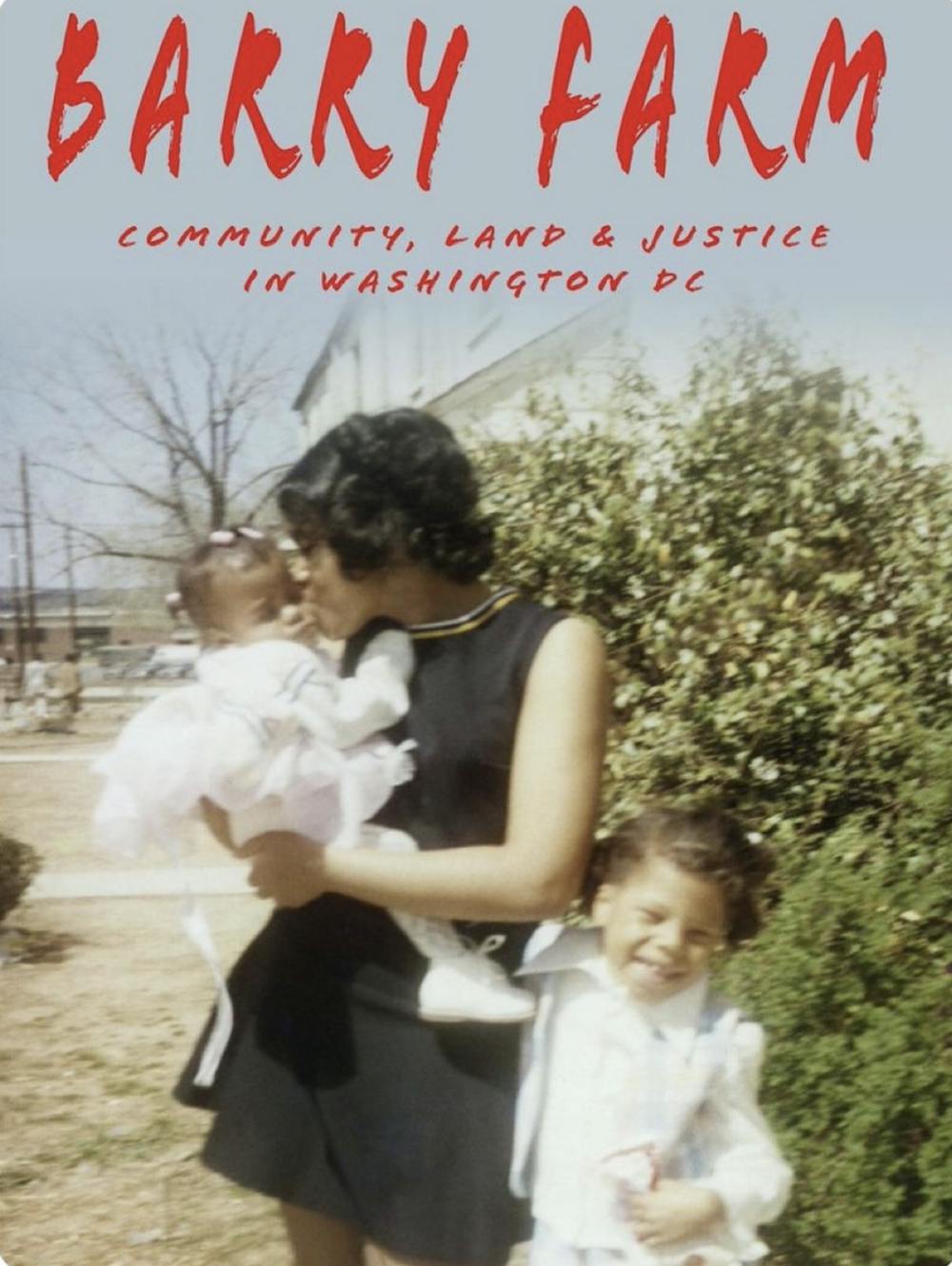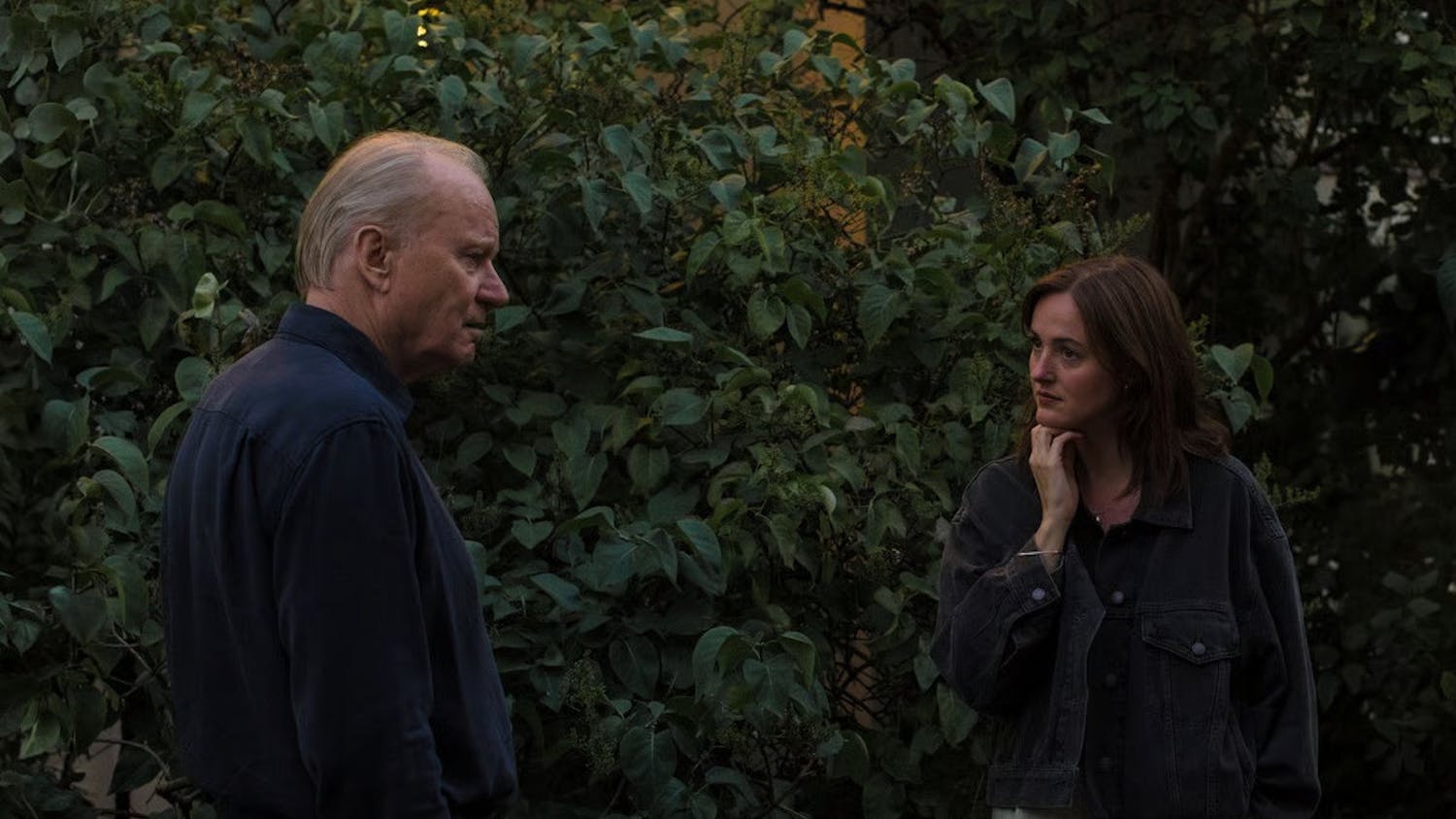Displacement, distrust and disappointment characterize the story of D.C.’s inability to care for and protect marginalized communities in one neighborhood in particular: Barry Farm, D.C.
“Barry Farm: Community, Land & Justice in Washington, DC” is a Bertelsmann Foundation and DC Legacy Project Film directed by Sabiyha Prince and Samuel George, who recently hosted a post-film conversation with the viewers over zoom. They were joined by New York University D.C.'s Academic Fellow and Part-Time Lecturer, Vicky Kiechel.
“Our local communities are in the shadows of the federal government and institutions that look very large in the nation's capital, but we have been here for centuries,” Prince said. “The film is in honor of the residents of Barry Farm D.C. who have been displaced by gentrification in 2019 until now.”
The 50-minute film immediately dives into the history of Barry Farm and the migration of newly freed Black Americans to the area in the 1860s. The former farmland was owned by slave owner James Barry, who wound up selling his property to the Freedmen’s Bureau, Federal Bureau of Refugees, Freedmen and Abandoned Lands, when they were searching for a place to house 40,000 formerly enslaved people.
Residents worked diligently to cultivate and create a thriving community despite the movements of white resistance. Born of this resistance came Black resilience that allowed Barry Farm to build a community that created organizations for the civil rights movement in the 1960s and fostered go-go music of the ‘70s.
After describing the history of Barry Farm, the film dove into what was happening to the residents and homes of Barry Farm today. In 2018, gentrification and residential development were pervasive in the area due to the construction of new affordable housing set to start in September of 2022. The eviction of residents began in 2019 and thus began the displacement and separation of Barry Farm’s tight-knit community.
“Residential projects always seem to happen on the backs of Black people,” Prince said.
Detrice Belt and Paulette Matthews, who sit on the advisory board of the film, lived in Barry Farm for 22 years and came together to organize the Barry Farm Tenants and Allies Association.
“We would like to restore and preserve some of those townhomes,” Belt said.
Belt and Matthews, alongside Sarah Shoenfeld, who wrote the nomination for the Tenants and Allies Association, were successful in preserving five Barry Farm dwellings.
The film not only featured historical aspects of Barry Farm, but art and culture derived from the community as well. Songs from the Junkyard Band, a staple creation of Barry Farm, closed out the film, and then the event transitioned to producers Prince and George for a panel discussion.
The film originally premiered in June 2022 and since then has been a staple of advocacy for the residents of Barry Farm. According to Prince, the first time they showed the film was at the Martin Luther King Jr. Memorial Library in D.C.: “The response was rousing, it was a packed auditorium.”
Prince said the cheering, laughter and tears throughout the film displayed how the film was well-received by the audience.
“There is a strong need to tell this story … I feel honored to make this story of my fellow Washingtonians and my fellow African brothers and sisters,” Prince said.
The DC Legacy Project will be hosting two more viewings of “Barry Farm: Community, Land & Justice in Washington DC” on Oct. 21 and Nov. 12.





